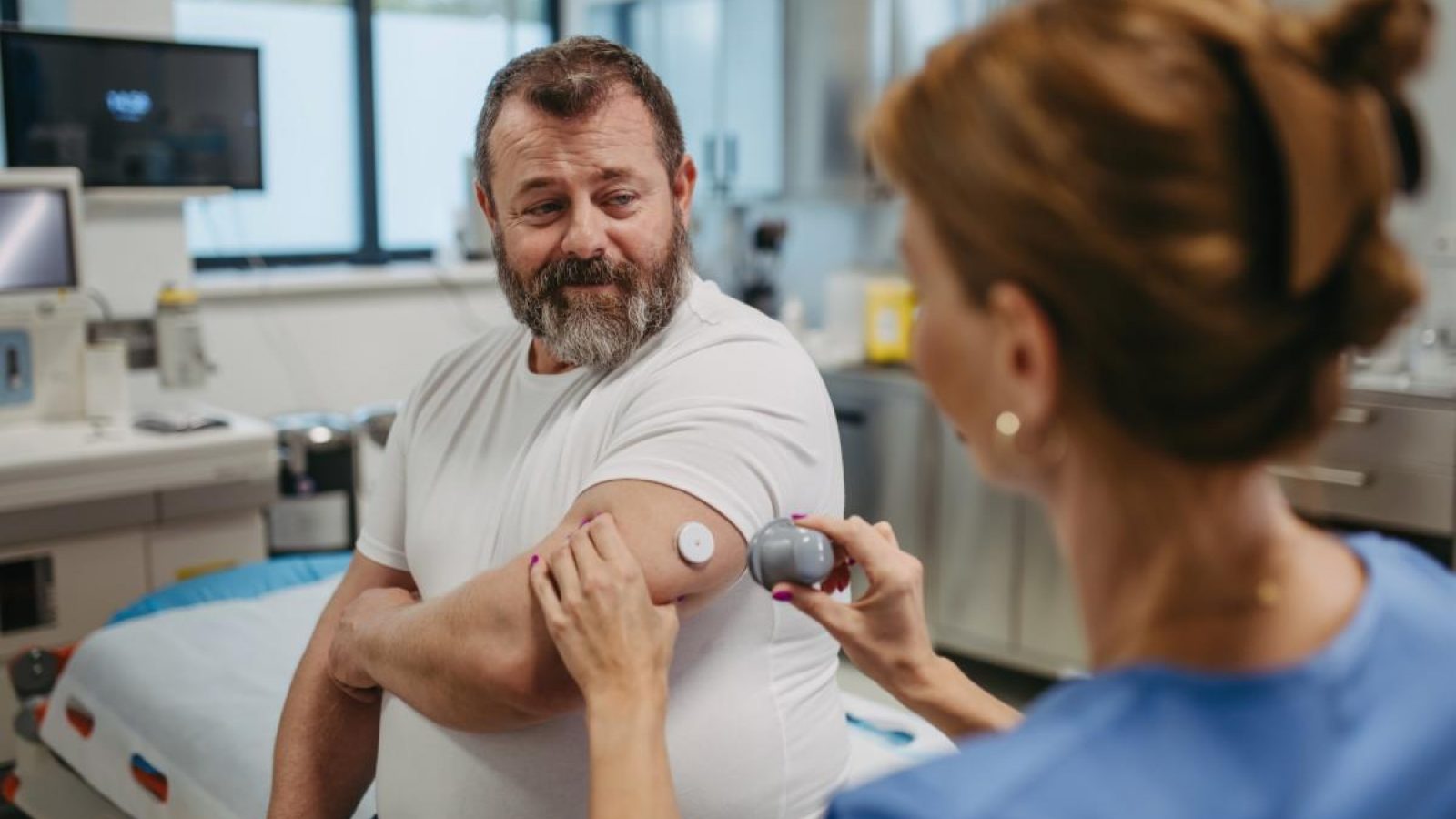News | Announcement, Community
Focus On…What You Need to Know About Diabetes with Monica Dreitcer, DNP, FNP-BC, Director of Care Management

Most people know about diabetes, but what they don’t know about it is much more important. In my role as one of three Diabetes Educators at Ryan Health, I work with patients who have newly-diagnosed diabetes or diabetes that is difficult to control.
We’ll spend extensive amounts of time diving into the many factors that led to that diagnosis and how they are currently managing their diabetes. Among the areas we cover are:
- your medical history;
- your family history;
- how you have managed diabetes in the past;
- nutrition;
- lifestyle;
- physical activity;
- the stress in your life;
- what worries you about your health?; and
- what worries you about your diabetes?
Most patients come to learn the complicated factors that brought them to me. Some feel this interview is unwelcome, but it is necessary to develop a health plan that’s tailored to you and your life. The best okay is one patients feel confident they can achieve.
After an hour of discussion, most patients understand that many factors leading to a diabetes diagnosis are out of their control. Genetics plays a major role, for instance. Some patients blame themselves for drinking too much soda or eating too many cookies, but that is rarely helpful. Our focus is on fully understanding what diabetes means and what is possible for them to do to control blood sugar levels moving forward.
One point I always try to convey is that diabetes care is advanced and requires many tools — nutrition, physical activity, and medications. But these tools help not only blood sugar levels, but also will help with blood pressure and cholesterol control.
What is A1C?
You’ve probably heard the term A1C, even if you don’t know what it means. Simply, the A1C blood test measures your average blood sugar levels over the previous three months. A target A1C of 7% or lower is usually recommended. A1C is a good baseline test, but it is not the whole story and can only be obtained in the clinic.
Your blood glucose levels change constantly and are impacted by many things, but most often we talk about food and physical activity. So, how do you track your glucose to monitor your diabetes at home? There are two main ways:
The first is the traditional finger prick, which provides important but limited information. It is just a snapshot in time, and we can miss a lot of information just using fingersticks.
The second is a continuous glucose monitor (CGM). This is patch on the back of your arm that reads the amount of sugar in the fluid just below your skin. CGMs check your glucose every one to five minutes, and are great at detecting patterns. GCMs can pick up numbers at the high and low ends that correlate with activities that are occurring then — for instance, right before waking or after eating. It’s a much more comprehensive way to measure glucose since it is a 24-hour reading.
What Does Diabetes Do to the Body?
With diabetes, the glucose level in the bloodstream is very high. Your blood touches your entire body so this glucose can cause damage in many places. It can cause damage to large blood vessels in the heart, small blood vessels in the back of the eye, and in the kidneys, which impacts the filtration function of the kidneys. It can even cause nerve damage, bringing tingling and numbness to the hands and toes The damage to blood vessels around the body can lead to higher risk of stroke and heart attack. Luckily, many of these risks are lower when glucose is well controlled.
How Is Diabetes Managed?
As always, a high fiber diet and regular physical activity (150 minutes a week!) are key. I spend extensive time talking about realistic lifestyle goals with my patients. Usually only small changes are needed- whether that is replacing daily juice with seltzer water or getting off the subway one stop early after work to add in an extra 15 minutes of walking each day. But most people also need to use medication as a third tool.
A few key medications are below, but we have many options and can tailor medication treatment based on a patient’s preferences and needs.
- Many people only are familiar with insulin, which mimics a natural hormone in the body. Insulin is produced by the pancreas, and when the pancreas isn’t functioning properly people with diabetes may require insulin shots.
- Metformin is a pill that is a core of diabetes care. There are some minor side effects with metformin.
- GLP-1 medications are groundbreaking in diabetes management. Marketed as names such as Ozempic and Mounjaro, they are weekly injections. They are widely known as weight loss drugs, but that is just a side effect. It is important to maintain regular physical activity and a high fiber diet even when taking these medications. Not only will this help reduce side effects, but it will help the medications work more.
Managing diabetes is possible, and there are medications and strategies to help you live a long and healthy life with this diagnosis. Being open to new strategies can keep you healthy for years.